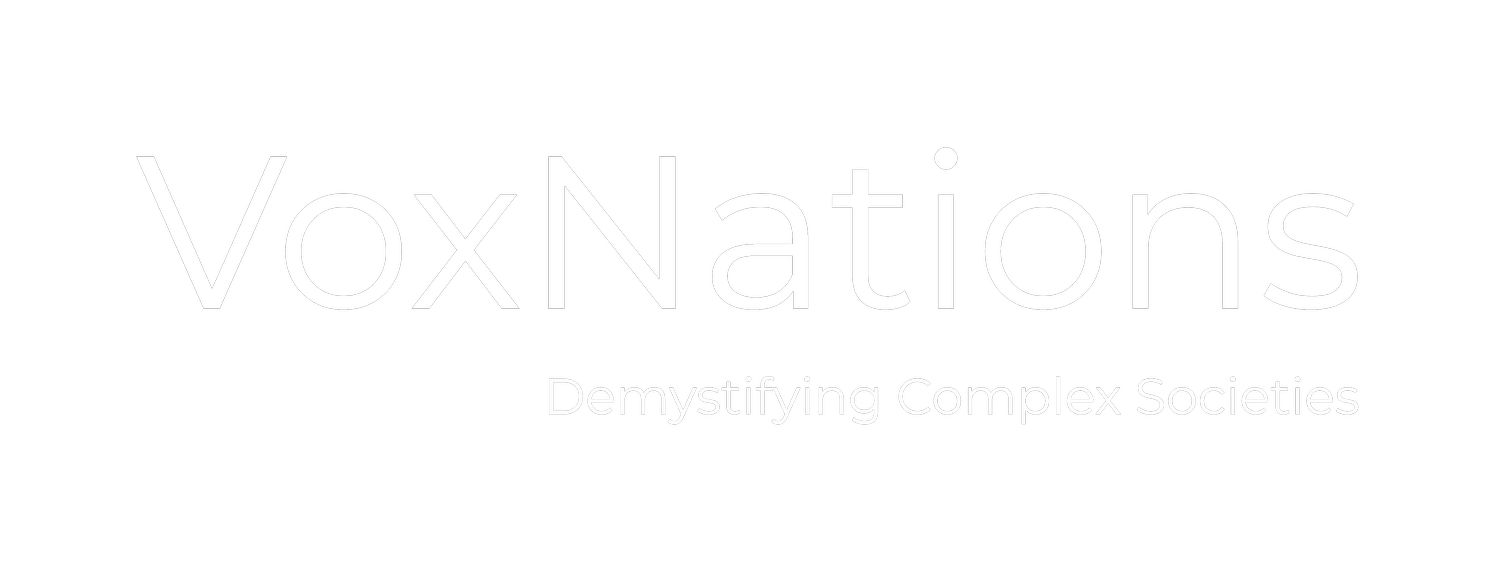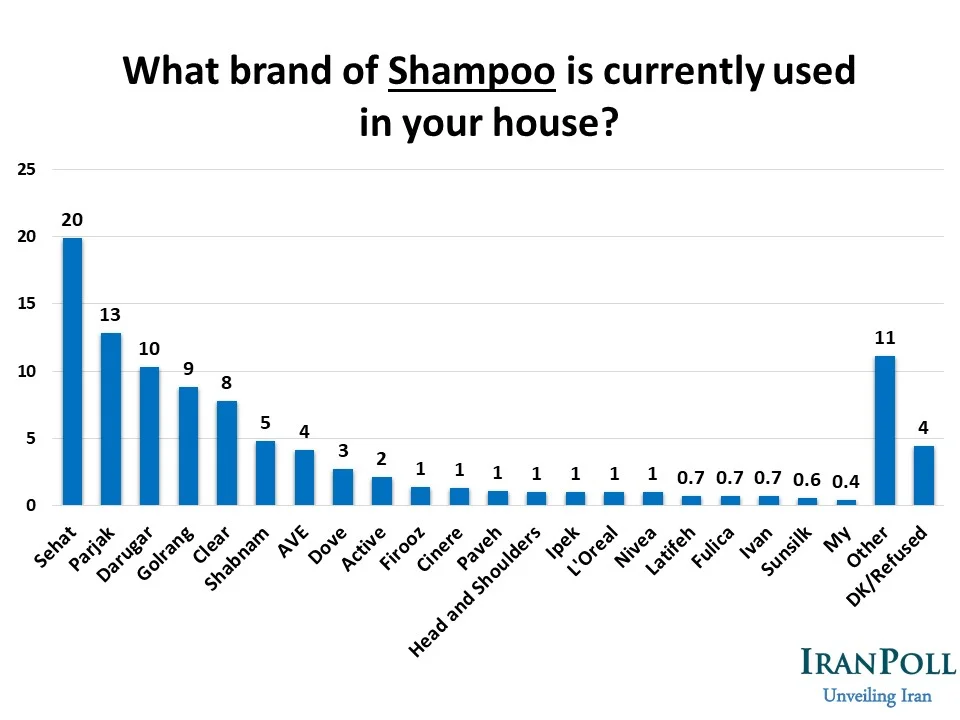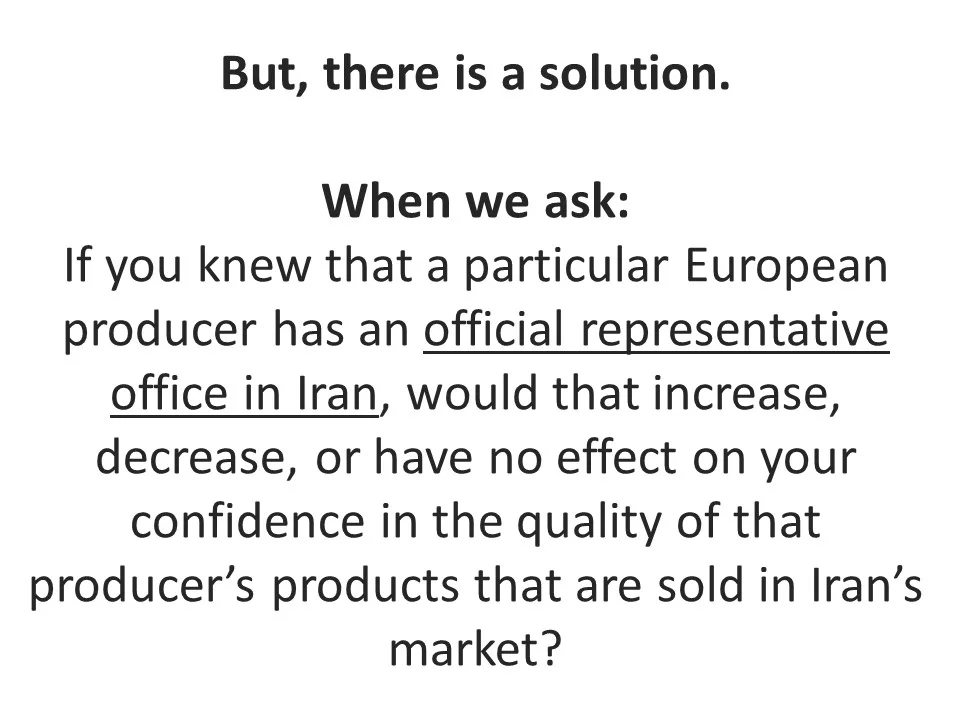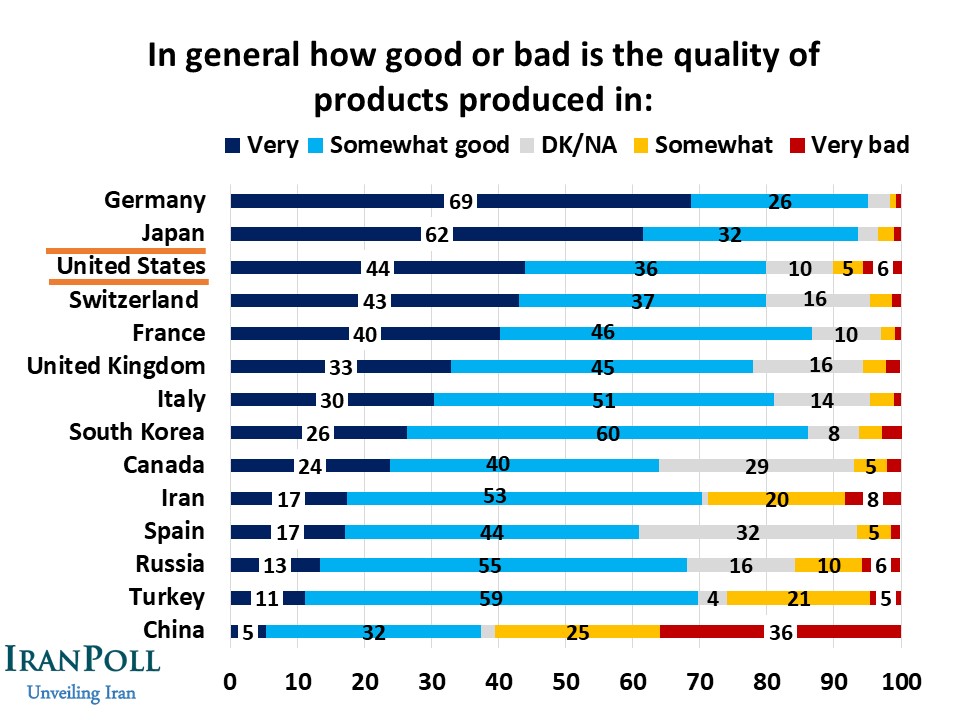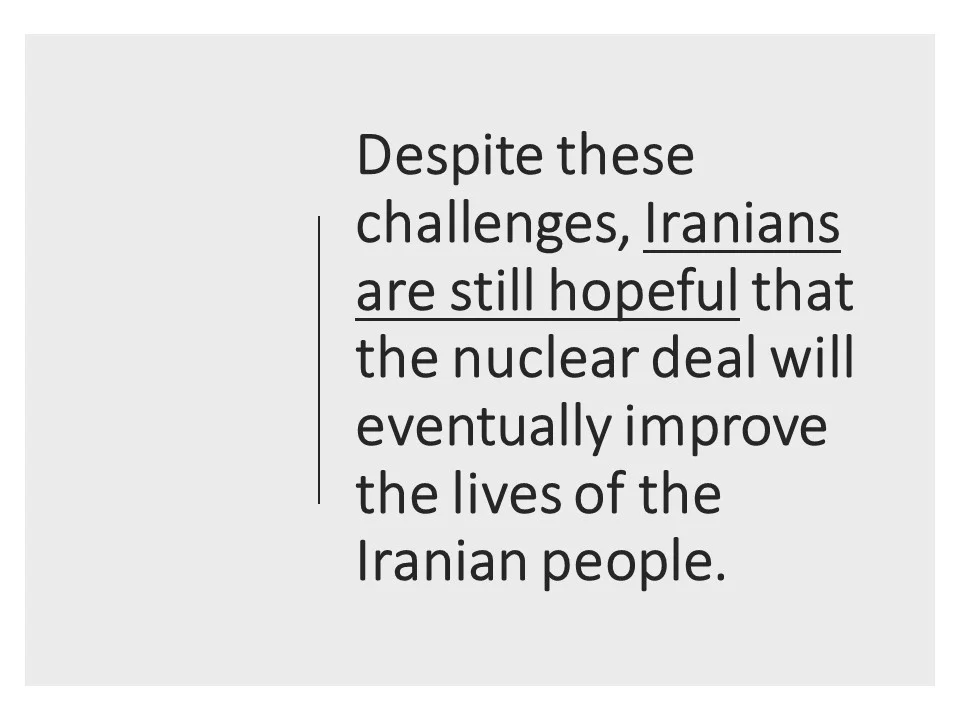A survey taken among a sample of business, government, and civil society leaders, most of whom attended the 4th annual Europe -Iran Forum in Zurich, Switzerland, reveals that most of the respondents anticipate the United States to re-impose the sanctions that were lifted under the nuclear agreement (JCPOA), if Iran refuses to agree to President Trump’s demands. Also, a majority of both Iranian and non-Iranian expert respondents agree that if the sanctions are re-imposed, European companies would become averse to trading and investing in Iran.
This survey which was conducted by IranPoll in partnership with Bourse & Bazaar also shows that overwhelming majorities of both Iranian and non-Iranian expert respondents agree with the dominant view among the Iranian public that multinational companies are moving slower than they could to trade and invest in Iran primarily out of their fear of the United States. Also, while majorities of both Iranian and non-Iranian expert respondents voice confidence that Iran as well as Europe will live up to their obligations under the deal, most say that they do not have such a confidence in the United States.
On another topic, while both Iranian and non-Iranian expert respondents say that Iran’s political system is very or somewhat stable, most do not regard Iran’s economy to be globally competitive.
Main Findings:
The results of this survey were presented at the 4th annual Europe – Iran Forum by Dr. Amir Farmanesh CEO of People Analytics (IranPoll). The forum agenda is available here.
PowerPoint slides presented in the forum are available here.
Dr. Amir Farmanesh, CEO of People Analytics (IranPoll), builds on he results presented in his keynote from the first day of EIF4 in this research update.
